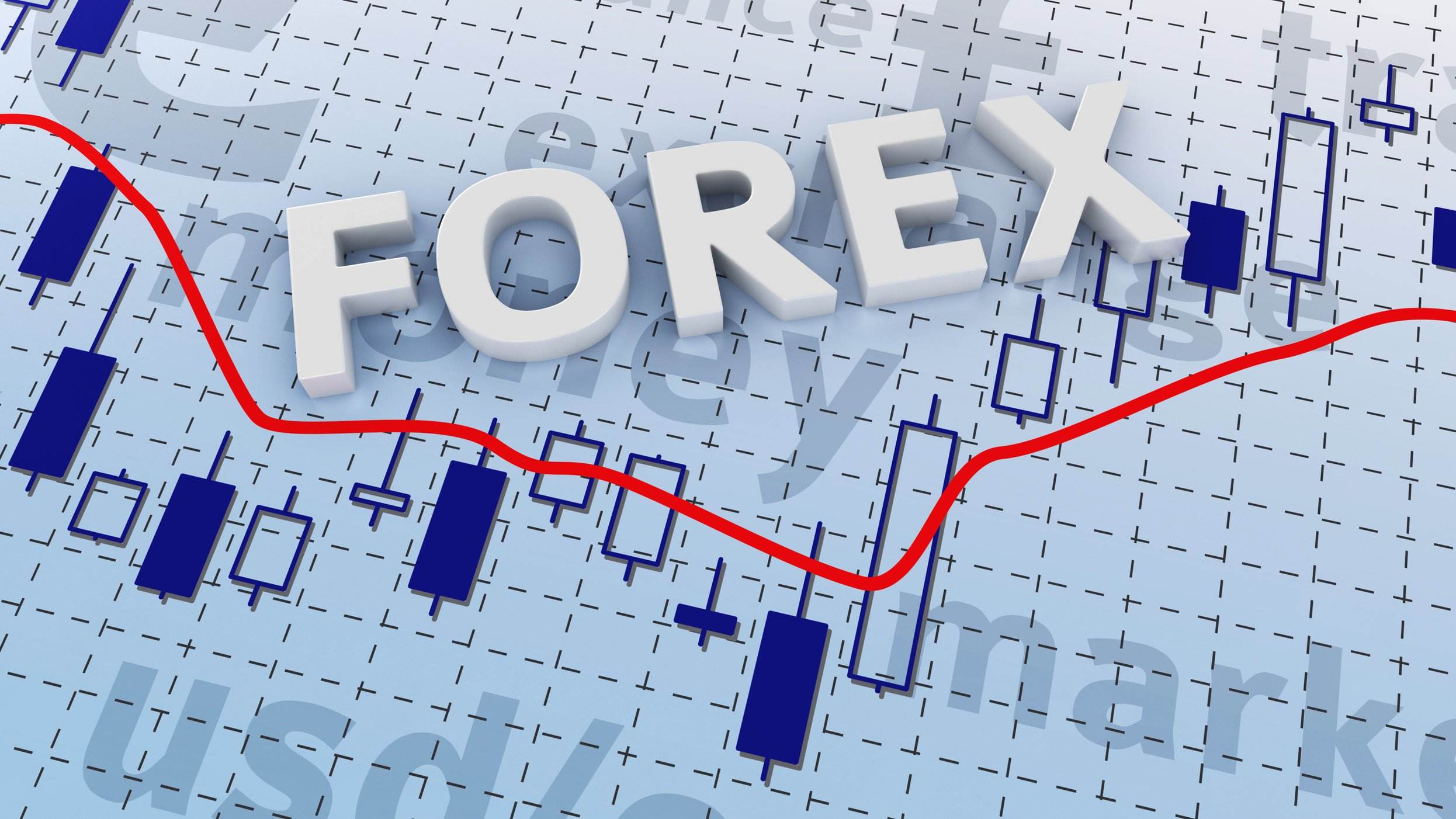Commission - 手续费
Understanding Forex Broker Commission
As a forex trader, one of the essential factors to consider when choosing a forex broker is the commission structure. Commission, also known as "spread," is the fee charged by forex brokers for executing trades on behalf of their clients. Understanding how commission works is crucial for traders to make informed decisions when selecting a broker and to manage their trading costs effectively.
Types of Commission
Forex brokers typically charge commission in two primary ways: spread mark-up and direct commission. In a spread mark-up, the broker adds its commission to the spread, which is the difference between the buying and selling price of a currency pair. On the other hand, direct commission involves a fixed fee per trade, regardless of the size of the position or the market conditions. Each commission type has its pros and cons, and traders should carefully consider which model best suits their trading strategy and risk tolerance.
Factors Affecting Commission
Several factors can influence the commission charged by forex brokers. The most significant factor is the trading volume, as brokers may offer discounted commission rates for high-volume traders. Additionally, the liquidity of the currency pair being traded can impact the commission, with more liquid pairs often having lower commission rates. Moreover, the type of account and trading platform used can also influence the commission structure, as certain account types may offer lower commission rates or even commission-free trading.
Comparing Commission Structures
When evaluating different forex brokers, traders should carefully compare the commission structures offered. It is essential to consider not only the commission rates but also any additional fees and trading costs associated with the broker. Some brokers may offer low-commission trading but compensate by charging higher spreads or other hidden fees. Therefore, a comprehensive comparison of commission structures is crucial for determining the overall cost of trading with a particular broker.
Commission and Trading Strategies
Traders should align the commission structure with their trading strategies. For example, scalpers and day traders who execute a high number of trades may prefer a commission-based model to keep their trading costs predictable and transparent. Conversely, swing traders and position traders, who hold trades for longer periods, may prioritize tight spreads over direct commission, as they aim to minimize the impact of trading costs on their overall returns.
Transparency and Trust
Transparency in commission structures is paramount for building trust between forex brokers and their clients. Brokers that clearly disclose their commission rates and any additional charges gain credibility with traders, as they provide a transparent view of the true cost of trading. Trustworthy brokers are more likely to retain clients in the long run and attract new traders seeking a reliable and transparent trading environment.
Negotiating Commission
For high-volume traders or institutional clients, negotiating commission rates with forex brokers is a common practice. High-volume traders can leverage their trading activity to negotiate lower commission rates, custom-tailored commission structures, or even commission rebates. However, negotiating commission requires a solid understanding of market conditions, trading volumes, and the broker's policies, and it is typically reserved for experienced traders and institutional clients.
Conclusion
Comprehending the various commission structures and their impact on trading costs is fundamental for forex traders. By understanding the types of commission, the factors affecting commission rates, and the relevance of commission to different trading strategies, traders can make well-informed decisions when selecting a forex broker. Moreover, transparency in commission structures and the opportunity to negotiate commission rates contribute to building trust between traders and their brokers, fostering long-term and mutually beneficial relationships.
(责任编辑:排行)
-
 底部双下影线是什么?在外汇交易中,底部双下影线是一种特殊的K线模式,通常出现在价格图表的底部,并具有特定的技术特点。底部双下影线被视为价格走势的反转信号,可能预示着市场
...[详细]
底部双下影线是什么?在外汇交易中,底部双下影线是一种特殊的K线模式,通常出现在价格图表的底部,并具有特定的技术特点。底部双下影线被视为价格走势的反转信号,可能预示着市场
...[详细]
-
 什么是基本面分析?在外汇交易中,基本面分析是指通过对于各类经济指标、政治事件、以及市场情绪等方面进行分析,来预测某一国家经济的未来走向。这种分析方
...[详细]
什么是基本面分析?在外汇交易中,基本面分析是指通过对于各类经济指标、政治事件、以及市场情绪等方面进行分析,来预测某一国家经济的未来走向。这种分析方
...[详细]
-
 了解伦敦银市场在开始伦敦银投资之前,首先要对伦敦银市场有所了解。伦敦银是指在伦敦进行交易的白银,通常是通过场外交易进行。伦敦银市场是世界上最大的白银市场之一
...[详细]
了解伦敦银市场在开始伦敦银投资之前,首先要对伦敦银市场有所了解。伦敦银是指在伦敦进行交易的白银,通常是通过场外交易进行。伦敦银市场是世界上最大的白银市场之一
...[详细]
-
 了解相反理论相反理论是一种投资策略,它认为当市场普遍持有某种观点时,通常是时候做出相反的决定。在伦敦金投资中,相反理论可以被用来判断市场情绪和趋势的转变。当投资者普
...[详细]
了解相反理论相反理论是一种投资策略,它认为当市场普遍持有某种观点时,通常是时候做出相反的决定。在伦敦金投资中,相反理论可以被用来判断市场情绪和趋势的转变。当投资者普
...[详细]
-
 2015年现货黄金投资必须关注的七大要点2015年,黄金市场面临着诸多挑战和机遇。作为投资者,了解市场走势和相关要点至关重要。以下是2015年现货黄金投资必须关注的七大要点。全球经济形势全
...[详细]
2015年现货黄金投资必须关注的七大要点2015年,黄金市场面临着诸多挑战和机遇。作为投资者,了解市场走势和相关要点至关重要。以下是2015年现货黄金投资必须关注的七大要点。全球经济形势全
...[详细]
-
 1.了解黄金市场在开始炒黄金之前,了解黄金市场是非常重要的。黄金市场是一个全球性的市场,受到各种因素的影响,如经济状况、地缘政治风险、货币政策等。了解这些因素
...[详细]
1.了解黄金市场在开始炒黄金之前,了解黄金市场是非常重要的。黄金市场是一个全球性的市场,受到各种因素的影响,如经济状况、地缘政治风险、货币政策等。了解这些因素
...[详细]
-
 了解自己的交易习惯建立自己的交易信心需要先了解自己的交易习惯,包括交易频率、交易风格、风险偏好等。在分析自己的交易习惯的同时,也要留意自己的交易误区,例
...[详细]
了解自己的交易习惯建立自己的交易信心需要先了解自己的交易习惯,包括交易频率、交易风格、风险偏好等。在分析自己的交易习惯的同时,也要留意自己的交易误区,例
...[详细]
-
 外汇交易百科:基础知识全攻略外汇交易是一种非常热门的金融活动,它的快速获利吸引了许多人的眼球。但是,如果你没有一定的交易知识和技巧,就很难取得成功。本文将为你提供外
...[详细]
外汇交易百科:基础知识全攻略外汇交易是一种非常热门的金融活动,它的快速获利吸引了许多人的眼球。但是,如果你没有一定的交易知识和技巧,就很难取得成功。本文将为你提供外
...[详细]
-
 炒股开户不用有影响吗?炒股开户不用对投资者而言是一个重要的决定。选择一个合适的券商不仅可以影响到交易体验的顺畅度,还可能直接影响到投资盈利
...[详细]
炒股开户不用有影响吗?炒股开户不用对投资者而言是一个重要的决定。选择一个合适的券商不仅可以影响到交易体验的顺畅度,还可能直接影响到投资盈利
...[详细]
-
 投资伦敦金的三大“潜规则”潜规则一:深入了解基本面因素伦敦金作为一种贵金属,受到全球经济和政治动荡的影响较大。投资者在进行伦敦金交易时,需要深入了解基本面因素对市场的影响。首
...[详细]
投资伦敦金的三大“潜规则”潜规则一:深入了解基本面因素伦敦金作为一种贵金属,受到全球经济和政治动荡的影响较大。投资者在进行伦敦金交易时,需要深入了解基本面因素对市场的影响。首
...[详细]

 股票涨停后还会跌吗?涨停板后怎么操作?
股票涨停后还会跌吗?涨停板后怎么操作? 如何判断伦敦金卖出时机?
如何判断伦敦金卖出时机? 如何走出伦敦金投资迷茫期?
如何走出伦敦金投资迷茫期? 伦敦金操作技巧之常见手法运用
伦敦金操作技巧之常见手法运用 DWAC暴涨356.83%所反映的事件及价格机制是什么?
DWAC暴涨356.83%所反映的事件及价格机制是什么?
